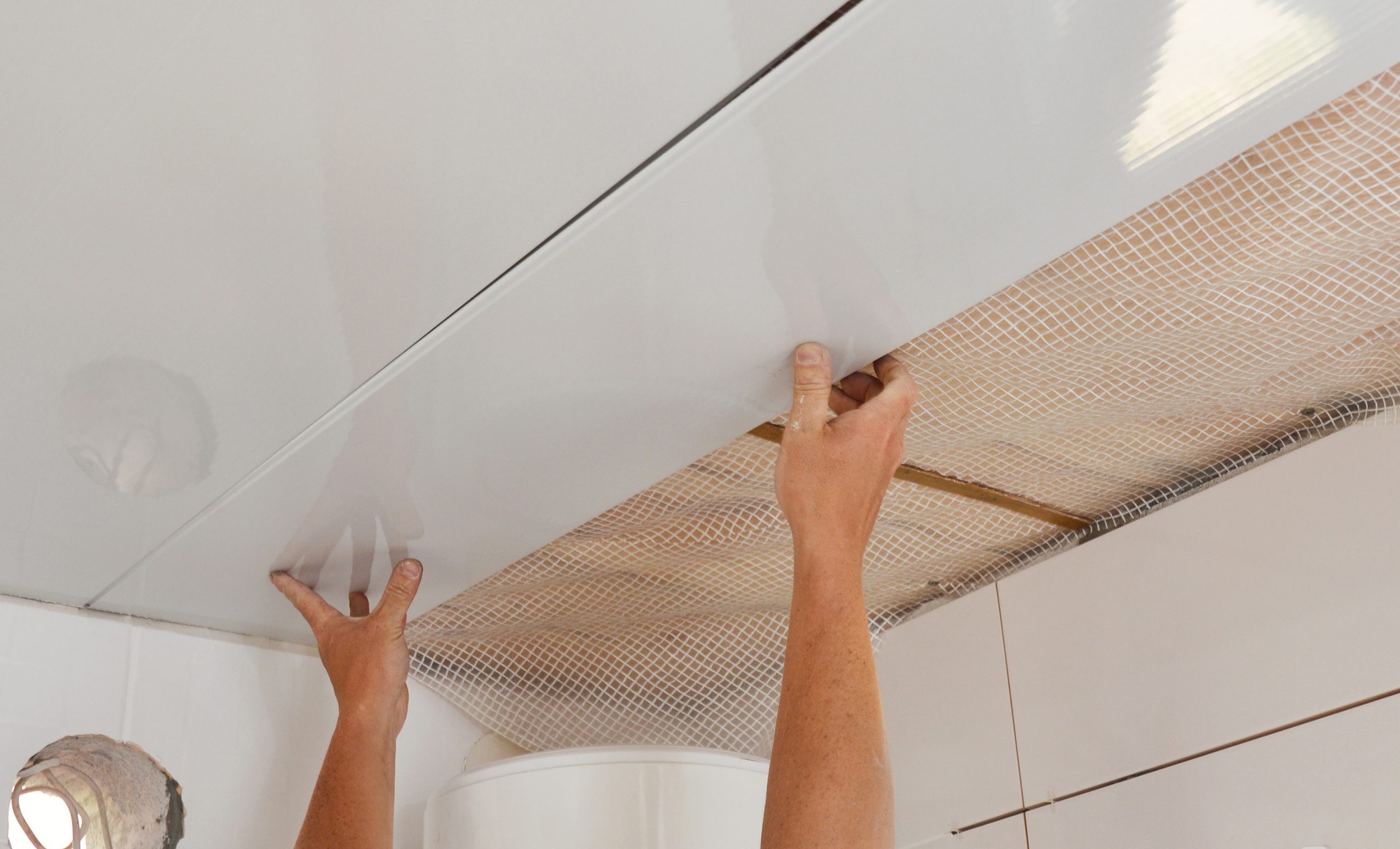PVC (Polyvinyl Chloride) walls have gained popularity in recent years due to their durability, versatility, and cost-effectiveness. As a widely used material in construction and interior design, PVC walls offer numerous benefits. In this blog post, we will explore the longevity of PVC walls and answer the question: How long does PVC wall last?
- Understanding PVC Walls:
PVC walls are made from a synthetic plastic polymer known as polyvinyl chloride. This material is known for its strength, flexibility, and resistance to moisture, chemicals, and impact. PVC walls are commonly used in various applications, including residential, commercial, and industrial settings. - Factors Affecting the Lifespan of PVC Walls:
Several factors influence the lifespan of PVC walls:
a) Quality of Material: The quality of PVC used in manufacturing the walls plays a crucial role in determining their longevity. High-quality PVC walls are designed to withstand environmental factors and maintain their structural integrity over time.
b) Installation: Proper installation techniques are essential for ensuring the longevity of PVC walls. Improper installation can lead to issues such as leaks, cracks, and reduced durability.
c) Maintenance: Regular maintenance and cleaning are necessary to extend the lifespan of PVC walls. Simple cleaning routines and inspections can help identify any potential issues and prevent further damage.
- Average Lifespan of PVC Walls:
The average lifespan of PVC walls can vary depending on several factors. However, when properly installed and maintained, PVC walls can last for an impressive 20 to 30 years or even longer. This longevity makes them a cost-effective and durable choice for both residential and commercial applications. - Tips for Extending the Lifespan of PVC Walls:
To maximize the lifespan of PVC walls, consider the following tips:
a) Regular Cleaning: Clean PVC walls regularly using mild soap and water to remove dirt, dust, and stains. Avoid using abrasive cleaners or tools that may damage the surface.
b) Avoid Harsh Chemicals: Avoid using harsh chemicals or solvents on PVC walls, as they can cause discoloration or damage to the material.
c) Preventive Maintenance: Conduct regular inspections to identify any signs of damage or wear. Address any issues promptly to prevent further damage.
d) Proper Installation: Ensure that PVC walls are installed correctly by following manufacturer guidelines and using appropriate installation techniques.
Conclusion:
PVC walls offer a durable and long-lasting solution for various applications. With proper installation, maintenance, and care, PVC walls can last for 20 to 30 years or more. Their resistance to moisture, chemicals, and impact makes them an excellent choice for both residential and commercial settings. By following the tips mentioned above, you can extend the lifespan of PVC walls and enjoy their benefits for many years to come.


